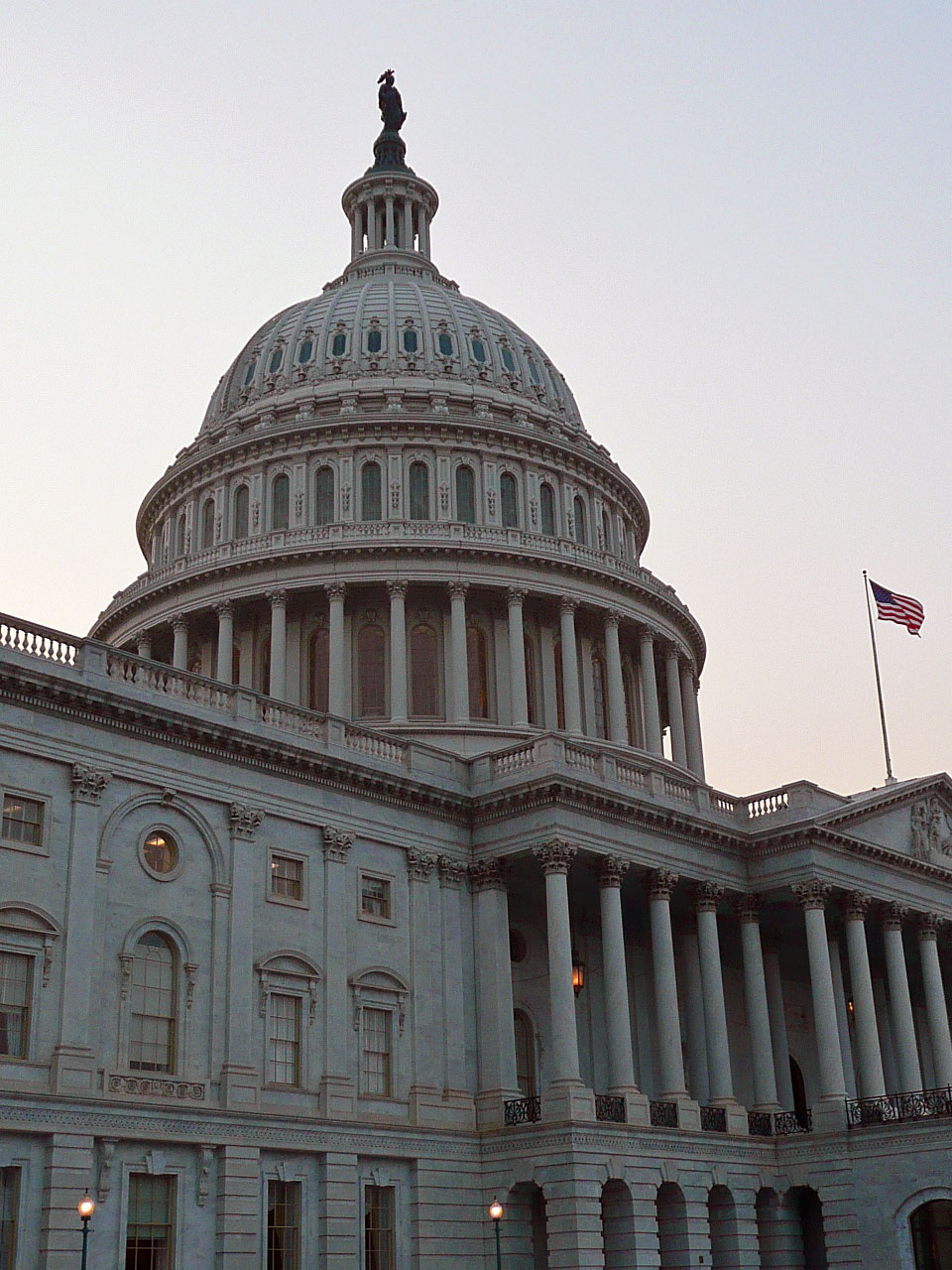AARP Hearing Center

Responsible solutions needed for long-term challenges facing Social Security, Medicare
Washington, DC – AARP Executive Vice President Nancy LeaMond today released a statement reacting to the “fiscal cliff” deal reached by Congressional leaders and the President. The statement is below:
“The ‘fiscal cliff’ bill includes important provisions that protect health and retirement security for older Americans and their families. AARP is pleased the agreement ensures that Medicare patients can continue to see their doctors by delaying an automatic and drastic pay cut for Medicare doctors for another year.
“With more and more middle class families anxious about their retirement security, we are also pleased to see the extension of benefits for the long-term unemployed and the restoration of Social Security’s dedicated funding stream.
“The deal also protects funding for key Medicaid programs, which will help millions of Americans who rely on Medicaid for their health and long-term care. And while we are disappointed in the repeal of the CLASS Program, we are hopeful that the new Commission on Long Term Care will work towards meaningful solutions to help individuals live in their homes and communities and support family caregivers.
“As the budget discussions continue into the new year, AARP remains concerned about harmful proposals to cut Social Security and Medicare benefits to balance the budget. Instead of cutting benefits, Washington should be looking for responsible solutions that address the long-term challenges facing Social Security and Medicare – like reducing health care costs throughout the system, not just shifting costs onto seniors.
“And while a one-year patch is helpful, we also need a long-term, fiscally responsible solution to the payment formula for Medicare doctors that will ensure that today’s seniors and future retirees can get the care they need.
“On behalf of our 37 million members and all Americans who have earned their Social Security and Medicare benefits, AARP will continue working to foster an open, thoughtful public conversation about how best to strengthen these programs for today’s seniors and for future generations.”































































